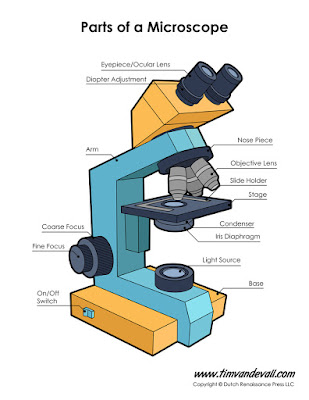Tuesday October 3 - Photosynthesis
*Please make sure you have completed all work (ecosystems questions, characteristics of living things, and photosynthesis questions by Tuesday October 10. Be sure to SHOW Mr. Mak when you are done. If you are absent for athletics or illness, it is your responsibility to use the website to catch up.
Learning Goals
1) Explain what photosynthesis is and why it is important for life on Earth.
2) Know and be able to explain the "word equation" for photosynthesis.
3) Give a simple explanation of how and where photosynthesis takes place inside plant cells.
The middle of the video below show what cells undergoing photosynthesis actually look like:
https://www.pbslearningmedia.org/resource/tdc02.sci.life.stru.photosynth/photosynthesis/#.WdOvekt97rc
Bonus: More advanced video for those interested
https://www.youtube.com/watch?v=HWqVgpAmf5I
Photosynthesis Questions (Use the Ted Ed video to complete these)
https://www.youtube.com/watch?v=eo5XndJaz-Y
- What are the pores (openings) in plant cells called that take in carbon dioxide and release oxygen?
- Where in plant cells does photosynthesis take place?
- What is the green pigment inside chloroplasts called that converts the sun's energy along with carbon dioxide and water into glucose and oxygen?
- Explain how plants absorb the water needed for photosynthesis.
- Explain where the name photosynthesis comes from.
- What is the name of the organelle inside plant cells where photosynthesis takes place?
- What is the green, light-absorbing pigment inside chloroplasts called?
- Explain what this pigment does.
- What is used to "pull apart" water molecules during photosynthesis?
- The carbohydrate produced during photosynthesis is known as _______________.
- Write the chemical formula for glucose.
- How many oxygen, carbon and hydrogen atoms are found in a glucose molecule?
- Give an example of a more complex carbohydrate that can be "built" from glucose.
- In humans, cellulose is not digestible. We call it ___________.
- List three sources of fibre.
- Explain what starch is.
- Which organelle in human cells turns glucose into energy (ATP)?
- List three forms of cellular work powered by the energy molecule ATP.
- Looking at the diagram below, explain what you notice about the relationship between photosynthesis (the way plant cells produce energy) and cellular respiration (the way human cells produce energy).




